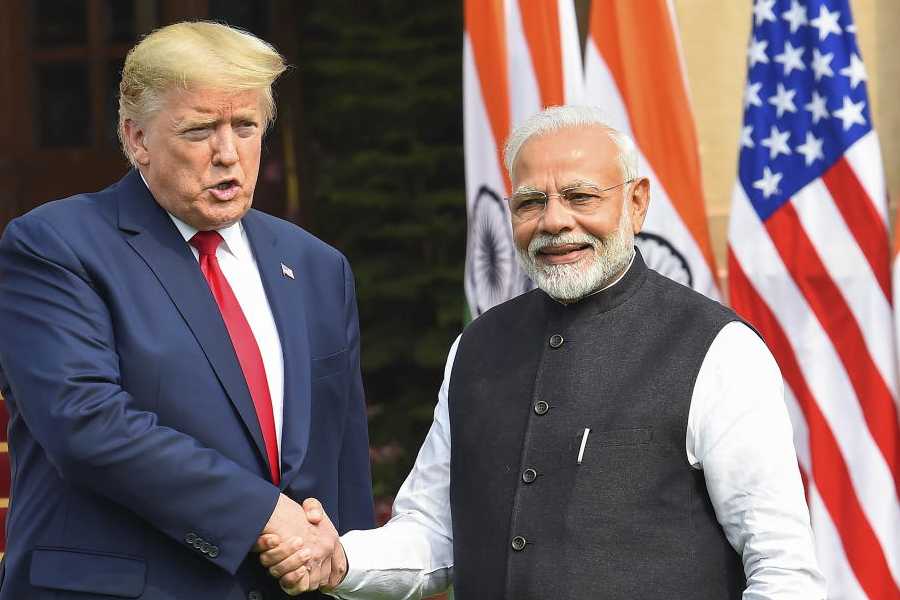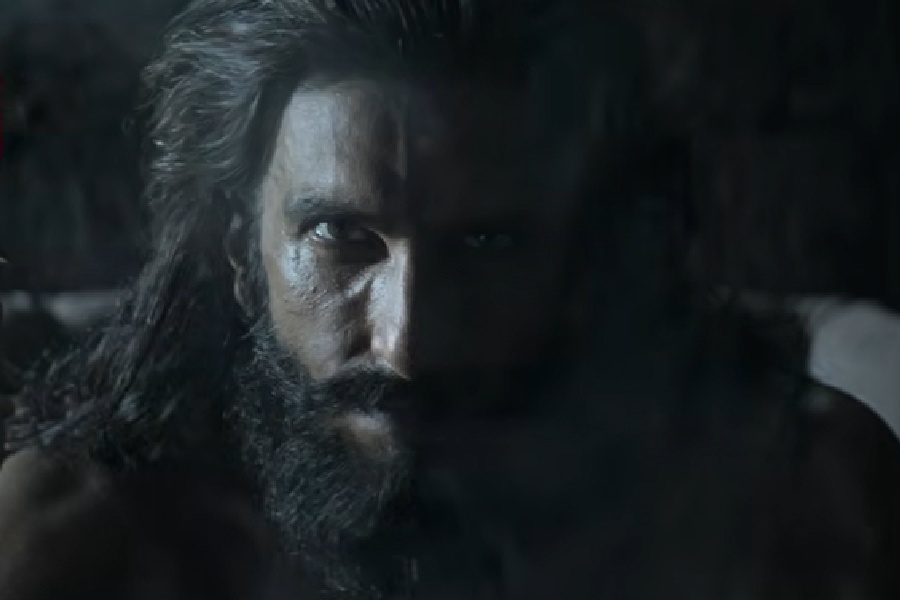New Delhi, Nov. 26: Like Che Guevara, Fidel Castro is a role model for countless starry-eyed young comrades not just as a revolutionary but also as a style icon.
His beard, Cohiba cigars and olive green bush uniform with a patrol cap are as much a part of communist symbolism as the hammer and sickle on a red flag.
Castro acquired the beard between 1956 and 1959 while leading the guerrilla war against dictator Fulgencio Batista. In his 2007 autobiography, My Life, he says the beard came into being because the guerrillas had no shaving gear.
Besides, he calculated, giving up shaving means saving 15 minutes a day ---- and 10 working days a year.
In 1977, after giving an interview to ABC News' Barbara Walters, he grilled a cheese sandwich for her at 1am and told her he would shave his beard if America lifted the embargo.
In People and State in Socialist Cuba: Ideas and Practices of Revolution, author Marina Gold says Castro's beard symbolised the economic efficiency of the revolution and buttressed his image of working late nights, and appearing to never sleep.
At the UN General Assembly in 1960, the CIA had allegedly tried unsuccessfully to slip a chemical into Castro's boots or his cigar that would apparently have caused his beard to fall off.
Cuba, where a fifth of the world's cigars are rolled, leverages its cigars as an instrument of diplomacy. Although Castro quit smoking in 1985, the Cohiba remained a part of his iconography.
In an interview to Cigar Aficionado magazine's editor Marvin Shanken in 1994, however, Castro said he smoked cigars only for the flavour and never inhaled. For his 90th birthday in August, experts had rolled Castro a 90-metre cigar.
Castro told Shanken the Cohiba's creation was inspired by one of his bodyguards.
"I used to see the man smoking a very aromatic, very nice cigar, and I asked him what brand he was smoking," Castro said.
When the bodyguard said a friend made it, Castro contacted the man and that's how the El Laguito factory, which makes Cohibas, was born.
A box of 25 Cohibas, one of Cuba's main exports, costs almost Rs 50,000.
Castro told Shanken: "It is really unfortunate that the American cigar smoker cannot purchase cigars from Cuba."
He went on to reveal: "You know that (President John F.) Kennedy was the one that set up the blockade. Every time a friend of his came back from Cuba, he made sure that he brought back some Cuban cigars."
Castro wore his olive green uniform at every public appearance until he stepped down from power in 2006. The uniform was seen as a symbol of the continuity of the revolution; its shedding confirmed he had fully ceded power to brother Raul.
Castro donned it again once in 2010, without the epaulette insignia of commander-in-chief, when he addressed the Havana University and the country's parliament.










